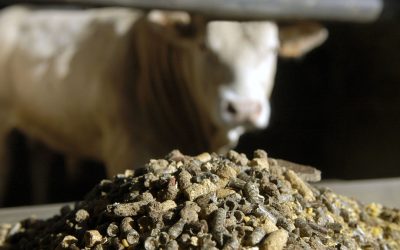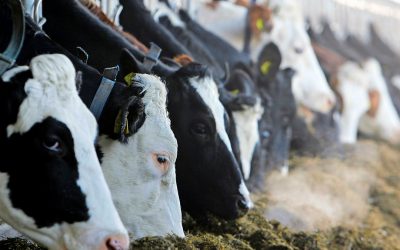Borer moth prompts record sowing of biotect corn
Losses caused by the corn borer moth have prompted Portugal and Spain, Europe’s top adherents of genetically modified seed, to increase sowing of biotect corn to a record high this year.
GM crops represent only a tiny fraction of corn production in the region, limited by, in many countries, "hostile public opinion", a report from US Department of Agriculture said.
Portugal’s sowings of Monsanto’s so-called "810" variety of genetically modified corn – one of only two biotech crops cleared for production in the European Union – soared by 50% to 7,300 hectares.
In Spain, seedings rose by 4.7% to 80,200 hectares, accounting for more than 20% of total corn area.
The increases were triggered by "last year’s higher pressure of the corn borer", a moth whose larvae chew through grain stems, and against which the Monsanto seed is resistant.
However, sowings in some eastern European countries, such as Romania and Slovakia, fell, leaving the total EU acreage at 97,000 acres, up 5.7% year on year, and below the high of 110,000 acres reached in 2007 – a decline reflected in levels of research plots too.
"Anti-biotech activists have succeeded in intimidating research groups, both public and private entities, to drop field trial work," according to the report.
"Field destructions have continued with little or no response from police and judicial authorities. As a result, permit requests to conduct field trials have fallen dramatically since 2007."
Total EU corn sowings this year reached about 8.6m hectares.











